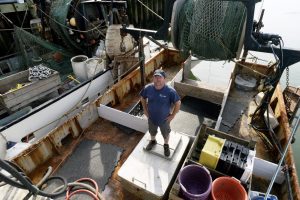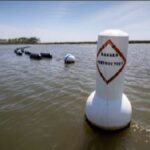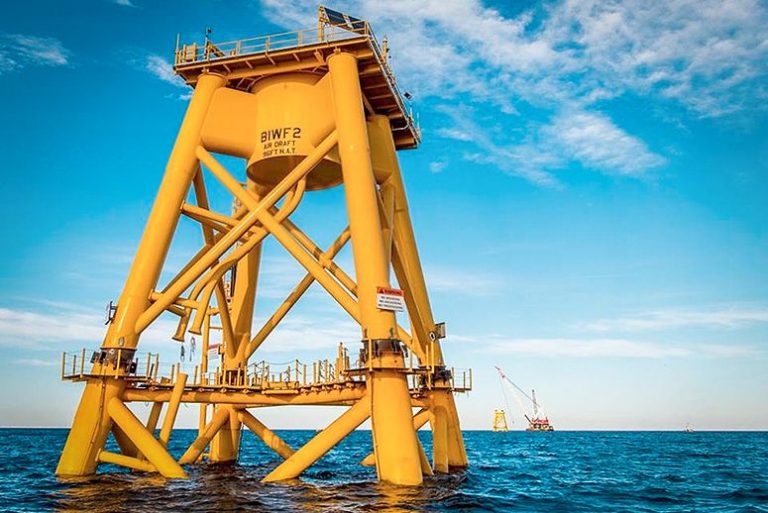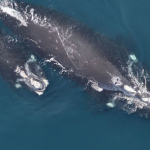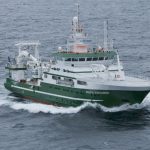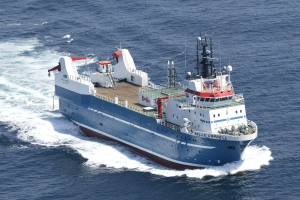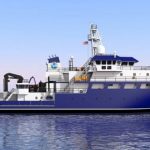Tag Archives: Latin America
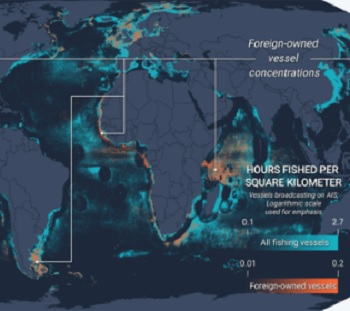
New research reveals shifting identities of global fishing fleet to help bolster fisheries management
A new study published today in Science Advances combines a decade’s worth of satellite vessel tracking data with identification information from more than 40 public registries to determine where and when vessels responsible for most of the world’s industrial fishing change their country of registration, a practice known as “reflagging”, and identify hotspots of potential unauthorized fishing and activity of foreign-owned vessels. The study, “Tracking Elusive and Shifting Identities of the Global Fishing Fleet” found that close to 20 percent of high seas fishing is carried out by vessels that are either internationally unregulated or not publicly authorized, with large concentrations of these ships operating in the Southwest Atlantic Ocean and the western Indian Ocean. >click to read< 18:28
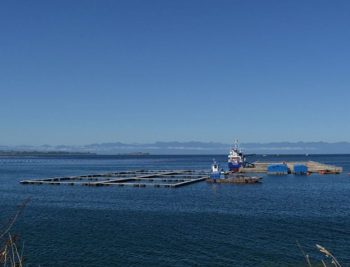
Latin America Reckons With a Fish-Farming Boom, industry cannot be allowed to harm ocean habitats
For a region plagued by stop-and-go growth, aquaculture is a boon. But problems have followed plenty. The blue revolution may not be as damaging to the environment as the one that reinvented global agriculture (farmed fish consume far less feed and energy than chickens, pigs or cattle do), but algae blooms, pests and pathogens, and overuse of antibiotics do a lot of dirty work. Chile repeatedly has seen huge schools of farmed fish break out of pens into the open ocean, where they threaten to overrun wild species and spread new diseases. >click to read< 14:58
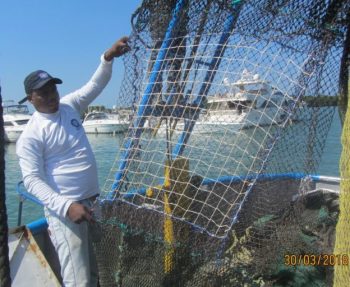
New nets make shrimp trawling more sustainable in Latin America and Caribbean
The FAO is conducting the project, known as The Sustainable Management of Bycatch in Latin America and Caribbean Trawl Fisheries (REYBAC LAC II), between 2015 and 2020 with the intention of meeting international guidelines for the responsible management of bycatch. With the help of traditional and large-scale fishers, the project consists of testing net prototypes that reduce the negative effects of trawling on marine biodiversity while still catching shrimp. The new nets have different characteristics than those usually used by fishers, mainly in regard to the size of the holes in the fabric of the net. >click to read<10:34

































